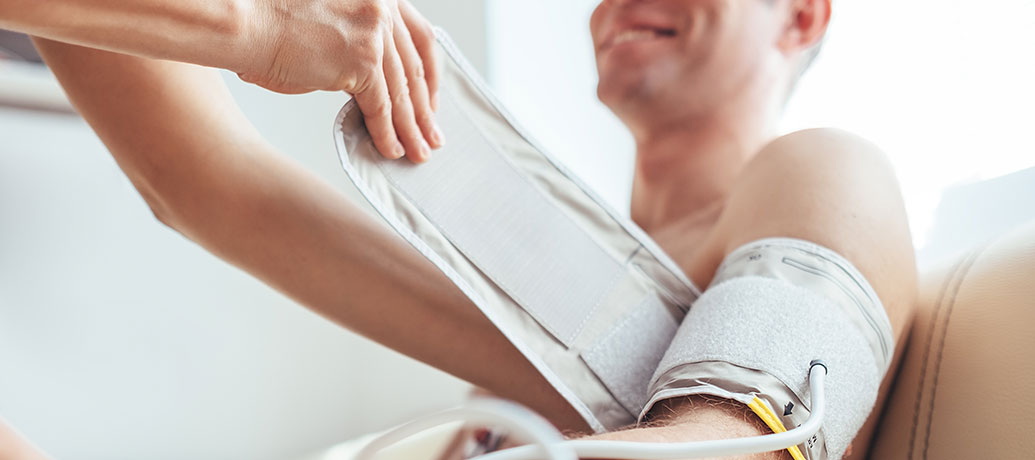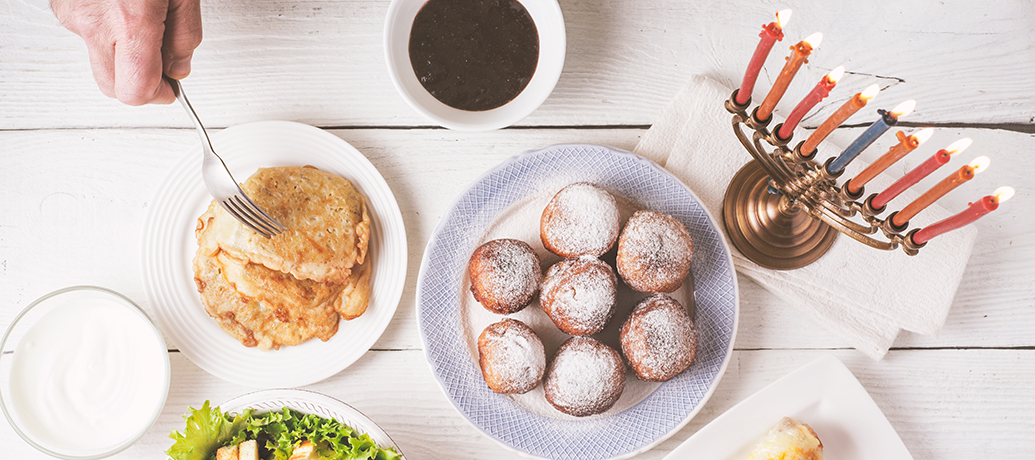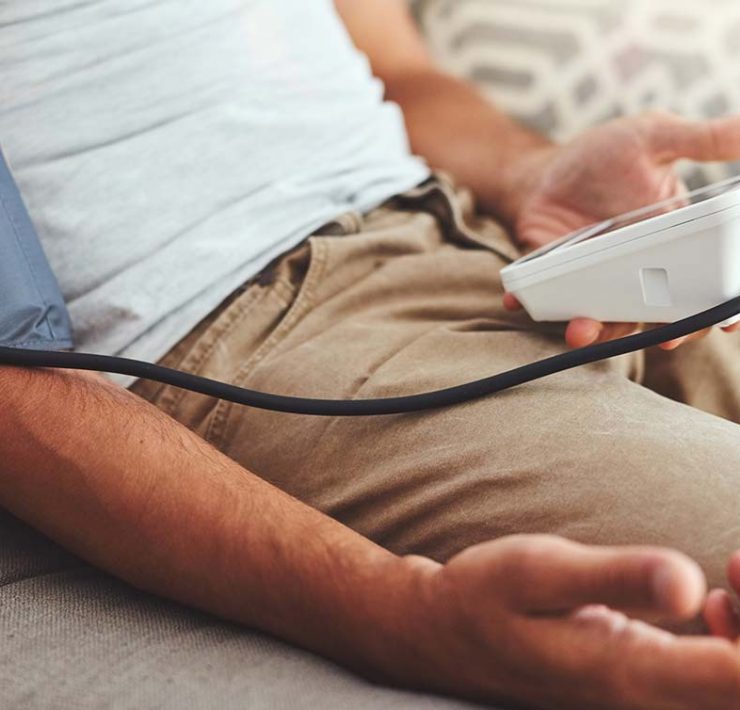Maybe health guidelines aren’t the first thing you pay attention to (unless, of course, they’re suggesting that you drink more red wine or take longer naps). However, here’s one recent finding that might turn your head, or raise your blood pressure. That’s ironic, because according to new guidelines issued by the American Heart Association and the American College of Cardiology, 46% of all Americans – nearly half of them – have high blood pressure.
What the… why do I suddenly have high blood pressure?
Well, it’s not sudden, exactly. Previously, the cutoff for high blood pressure was 140/90. Now, it’s 130/80. That means millions of Americans who once thought they had normal blood pressure now have a brand new diagnosis of stage 1 hypertension, or high blood pressure.
Keep in mind that high blood pressure wasn’t exactly a rare diagnosis before this guideline shift. Back in the halcyon days of October 2017, for example, about a third of all Americans (72 million) had high blood pressure. Now, about 102 million Americans do.
Other alarming stats:
- 80% of Americans over the age of 65 have high blood pressure
- The percentage of American men with a diagnosis of high blood pressure will double
- The percentage of American women with a diagnosis of high blood pressure will triple
What do those blood pressure numbers mean?
We know it’s been a long time since your high school biology class. Blood pressure is written like a fraction, with an upper number and a lower number. The upper number is called systolic pressure. That is the pressure on your arteries when your heart beats. The lower number is called diastolic pressure. That is the pressure on your arteries when the heart is at rest.
Why does high blood pressure matter?
High blood pressure, or hypertension, is linked to a distressing large array of health problems, including, but not limited to, heart disease, stroke, kidney failure and disease, and vision problems. One study estimated that lowering blood pressure by just 5% lowered the overall risk of death by 7% in any given year.
So, how can I reduce my high blood pressure?
Fortunately, there are many steps you can take to reduce high blood pressure. Doctors will frequently prescribe blood pressure medication , such as diuretics (which reduce the overall volume of liquid in the body through reducing salt, and thus pressure on the arteries), ACE inhibitors, which relax blood vessels, and beta blockers, which decrease the intensity of the heart muscle pumping action.
Reducing blood pressure without drugs
If you’d like to reduce blood pressure without taking medication, that’s totally possible. Here are some tried and true methods of reducing high blood pressure to healthy levels.
Change your diet
Eat more fruits and vegetables, and less fat and sodium – this can help reduce your blood pressure. Foods rich in potassium are natural diuretics, reducing salt and fluids in the bodies. Some high-potassium foods include bananas, kale, avocado, clams, salmon, and coconuts. Good news: dark chocolate has also been shown to improve cardiovascular health.
Exercise more
Exercise helps to lower blood pressure in many ways. It makes the heart stronger, so it doesn’t have to work as hard to pump blood, thus decreasing the stress on your arteries. It generally causes your weight to drop, and even losing 5 or 10 pounds can reduce the stress on your heart and cardiovascular system. Finally, workouts are a great way to lower stress, which also serves to reduce blood pressure. Which takes us to…
Reduce stress
Stress increases your blood pressure by making your heart beat faster, narrowing your blood vessels, and pumping adrenalin into your body continually – a recipe for high blood pressure. Aside from working out regularly, there are other things you can do regularly to reduce chronic stress. Remember, blood pressure and stress are both chronic problems, and any chronic problem needs to have a regular solution.
Get enough sleep
A lack of sleep can cause depression, irritability, and general stress – all of which can exacerbate blood pressure. Some ways to get better sleep include turning off your phone two hours before bedtime (and never keep it under your pillow!), avoiding eating right before you head to sleep, and keeping the temperature cool in your bedroom (between 60 and 67 degrees is the best temperature for sleep. ) If you;d like to try a massage solution, Zeel created for people having trouble getting high-quality sleep.
Meditate
Meditation has been shown to relieve anxiety and mental stress when practiced regularly. Download a handy app like Headspace or check out a meditation center near you, like The Path.
Take a break
Sometimes, just an hour of “me-time” can relieve stress in a busy work day. Go for a walk, or find a room of your own, like the CEO of Breather . There are other ways to build in “micro-vacations” in any day. For example, surround yourself with lavender – both the scent and the color are calming to your nervous system.
Get a massage
Do you ever feel cold after you get a massage? That’s due to lowered blood pressure. Massage not only improves circulation and lowers blood pressure in the short to medium term, a regular massage reduces both mental stress and the physical stress caused by body pains. Consider a massage membership that makes getting a regular massage affordable and incredibly easy.
Hug your dog (or cat)
Studies show that petting a dog or cat can relieve stress. If you don’t have a furry creature of your own, you can volunteer with animal rescues, or just borrow a friendly pup or kitty.
Marcy is the SVP of People and Communications at Zeel. In addition to overseeing the humans of Zeel, Marcy has written about workplace topics for more than 20 years both at Zeel and as VP of Content for Vault.com, a career information web site and publisher.




